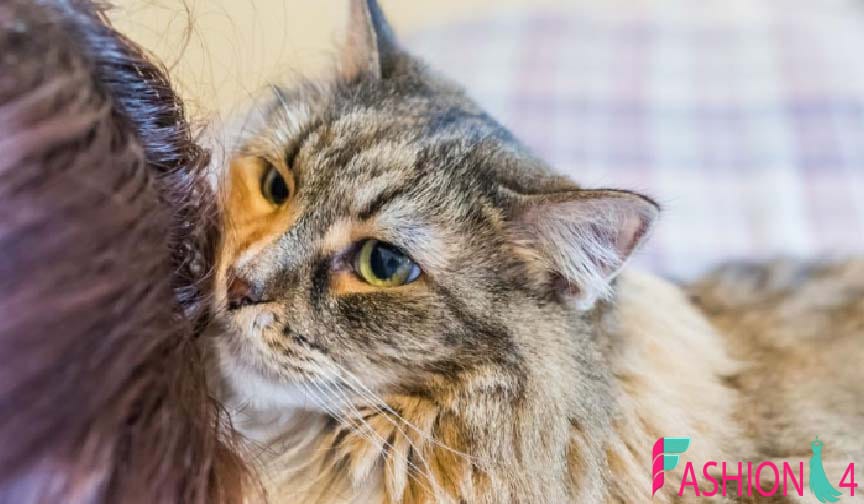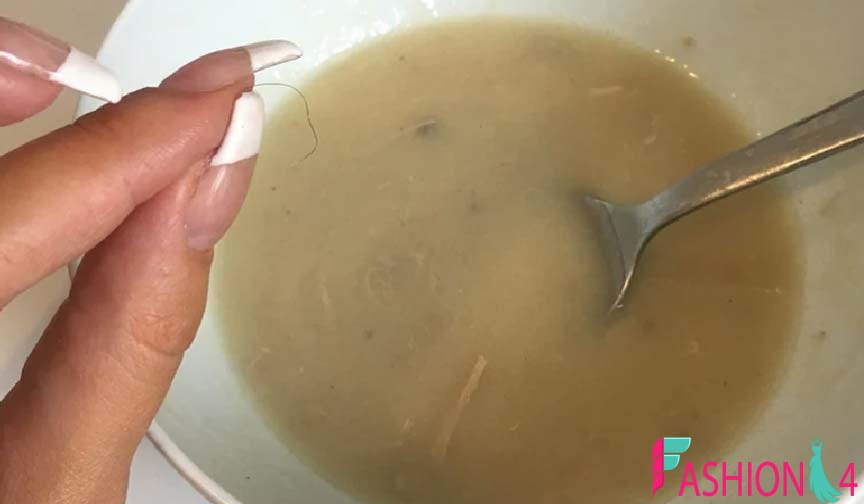
Cats are known for their peculiar habits. Whether it’s randomly sprinting through the house at 3 AM or staring blankly into space, these furry creatures keep us on our toes. One behavior that leaves many cat owners baffled is when their feline friend tries to munch on their hair. So, what exactly drives your cat to nibble at your locks? Let’s delve into the fascinating reasons behind this curious habit.
Understanding the Instincts Behind the Behavior
Cats are complex creatures driven by a mixture of instinct, learned behavior, and their environment. Hair-eating, as strange as it sounds, often ties back to natural feline instincts. Here are some reasons why your cat may engage in this behavior:
1. Grooming You as Part of Their Social Bonding
Cats are meticulous groomers, and grooming plays a huge role in their social relationships. When a cat licks or nibbles your hair, it may be trying to show affection and strengthen the bond it shares with you. In the wild, cats groom each other as a way of expressing trust and kinship.
Why Cats Groom Each Other:
- To strengthen social bonds
- To communicate trust and affection
- As a means of calming themselves and others
2. Seeking Your Attention
Your cat might also be trying to grab your attention. Cats are masters at figuring out what catches our eye. If your cat realizes that nibbling your hair provokes a response—whether it’s laughter, petting, or scolding—it may continue doing it just to get you to engage.
Signs Your Cat Wants Attention:
- Meowing persistently
- Purring loudly or rubbing against you
- Light nibbles or playful taps with their paws
3. Curiosity and Exploration
Cats are curious by nature. They explore the world through their senses, especially taste and smell. Your hair might have an intriguing scent from shampoos, conditioners, or even food smells. Your cat may simply want to investigate and understand your unique “hair scent” better.
Potential Health and Behavioral Concerns
While hair-eating is often harmless, there can be underlying issues. If this behavior becomes excessive or compulsive, it may signal stress or a health problem.

4. Pica: An Eating Disorder in Cats
Pica is a condition where animals eat non-food items, such as hair, fabric, or plastic. Cats that exhibit pica might be doing so due to nutritional deficiencies, boredom, or underlying medical issues. Hair-eating could be a symptom of this disorder.
Common Causes of Pica in Cats:
- Nutritional deficiencies (e.g., lack of fiber or essential minerals)
- Gastrointestinal problems
- Stress or anxiety
- Boredom and lack of mental stimulation
If you suspect your cat has pica, consult your veterinarian for an evaluation. The condition might require dietary adjustments, enrichment activities, or medical treatment.
5. Stress and Anxiety
Cats are sensitive animals that can get stressed easily by changes in their environment. A new pet, a move, or even changes in routine can increase anxiety, prompting your cat to seek comfort in repetitive behaviors like hair-eating. Look for other signs of stress, such as excessive grooming, hiding, or aggressive behavior.
Ways to Reduce Stress in Cats:
- Provide safe hiding spots
- Maintain a consistent feeding and play schedule
- Use calming sprays or diffusers that mimic feline pheromones
How to Discourage Hair-Eating Behavior
If you’re worried about your cat’s hair-eating habit, there are several steps you can take to redirect their attention and discourage the behavior:
6. Provide Mental Stimulation
Keeping your cat entertained and mentally stimulated can reduce boredom and anxiety. Interactive toys, puzzle feeders, and regular playtime are great ways to keep your cat occupied.
Enrichment Ideas for Cats:
- Climbing trees or cat towers
- Laser pointers and feather wands
- Treat-dispensing toys
7. Reinforce Positive Behaviors
Use positive reinforcement to teach your cat acceptable behaviors. Reward them with treats or praise when they engage in healthy activities, like playing with a toy instead of chewing your hair. Avoid scolding, as it can increase anxiety.
8. Change Your Routine
If your cat often tries to eat your hair at specific times, like when you’re lying in bed or sitting on the couch, consider changing your routine. You could offer a toy or treat to divert their attention or keep your hair tied back.
When to Consult a Veterinarian
While occasional hair-nibbling is normal, you should consult a vet if the behavior seems obsessive or if your cat is showing signs of distress. A professional can rule out any medical issues and offer tailored advice on how to manage the behavior.
Frequently Asked Questions
Q: Is it harmful if my cat eats my hair?
Eating a small amount of hair is generally not harmful, but if your cat swallows large amounts, it can lead to digestive blockages. Monitor your cat and contact your vet if you notice vomiting or changes in appetite.
Q: Can I train my cat to stop eating my hair?
Yes, with patience and consistency, you can train your cat to stop this behavior. Use redirection and positive reinforcement, and ensure your cat has plenty of engaging activities.
Q: Are certain cats more prone to this behavior?
While any cat can exhibit this behavior, cats with anxiety or breeds known for high energy levels (like Bengals or Siamese) may be more prone.
MORE VISIT, Fashion4

